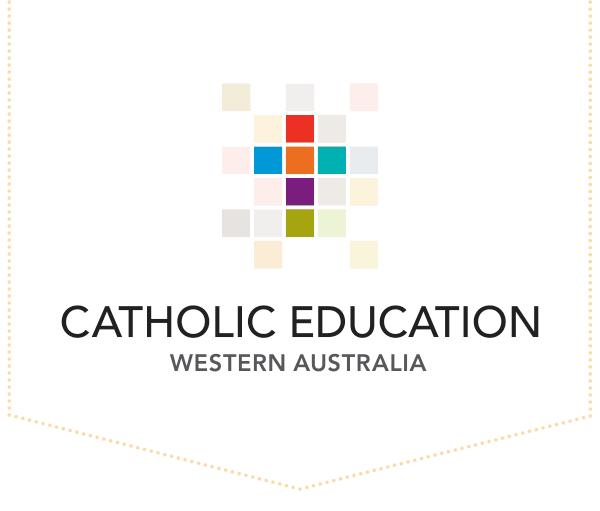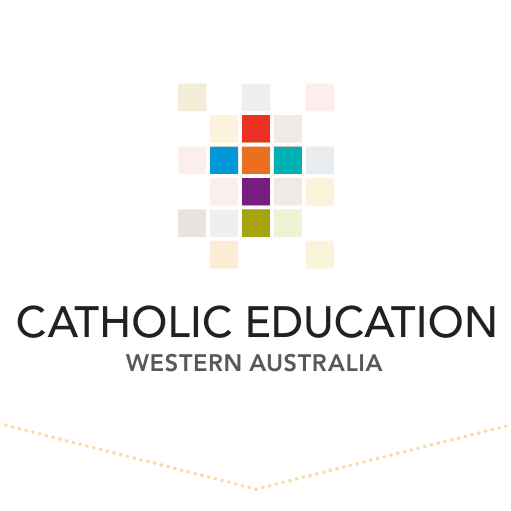Studio Curious challenges the future of learning and collaboration
The challenge that schools face in the present and future is to be relevant, engaging and connected to the pace of the outside world. Studio Curious is providing CEWA staff with the confidence to plan effectively for that world.
CEWA Studio Curious participants completed their third session of the Studio Curious Accelerator program this week. To date they have learned methods and principles of design thinking, sketched out design challenges and joined project teams.
Kate Stubley, Human Centred Designer from Knowledge Society provides an update on Studio Curious
What have you been doing in the design thinking Accelerator?
This week marks the third session of the Studio Curious Accelerator program. So far, participants have been learning the methods and principles of design thinking, sketched out design challenges they may want to solve, and joined project teams.
Design thinking is a method of designing change and innovation. It starts with understanding a challenge area, and then using empathy and insight to see the world through others’ eyes. This insight is channelled into various forms of idea generation, which are then used to develop prototypes of potential solutions. Prototypes start very lo-fi and are taken out for testing as soon as possible, getting students and other teachers involved early on in the process. These prototypes are refined through input and engagement and gradually become more high-fidelity. There is more to it than this, but it gives you an idea. We will share more as we go along.
What are some positives that have occurred?
One of the exercises that has captured the imagination of some of the design studio participants is the idea of shadowing a student for a day. Those who have engaged in the exercise – not just being in a classroom as a teacher or educator, but watching the world through the students’ eyes – have uncovered great insights.
Ideas to open up innovation
The end product of this learning experience – for the individuals and the system – will be to see what ideas people from across Catholic Education Western Australia can come up with: whether it’s ways to make our classrooms, schools or the system as a whole work better as a community of collaborators. This is only the first step, but it has been an exercise in creating permission, growing confidence, and developing skills to open up many more possibilities for progress in Catholic education in Western Australia. Studio Curious and initiatives like LEADing Lights are designed to open up conversations for new futures. The world is changing fast, and our task here is to develop the skills to allow our schools and classrooms to change with it in ways that delight and benefit our students.

